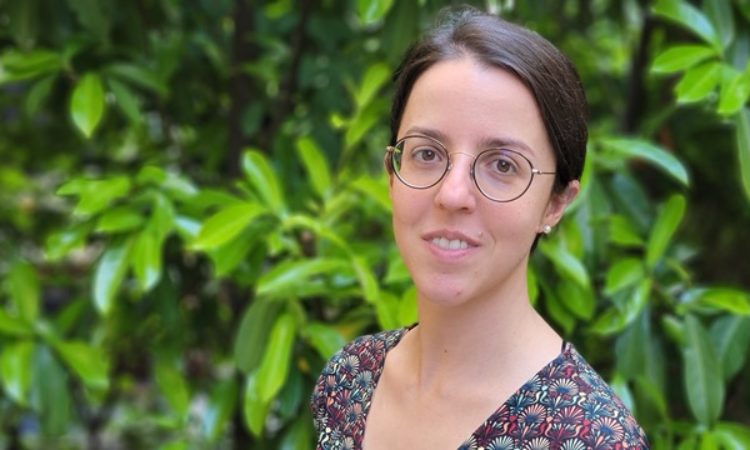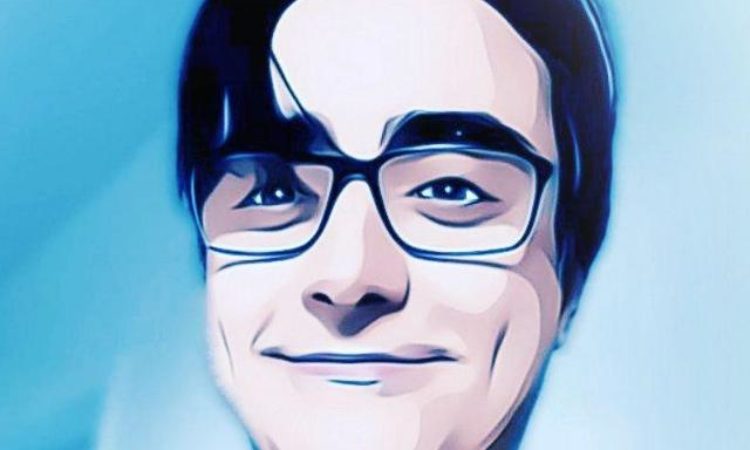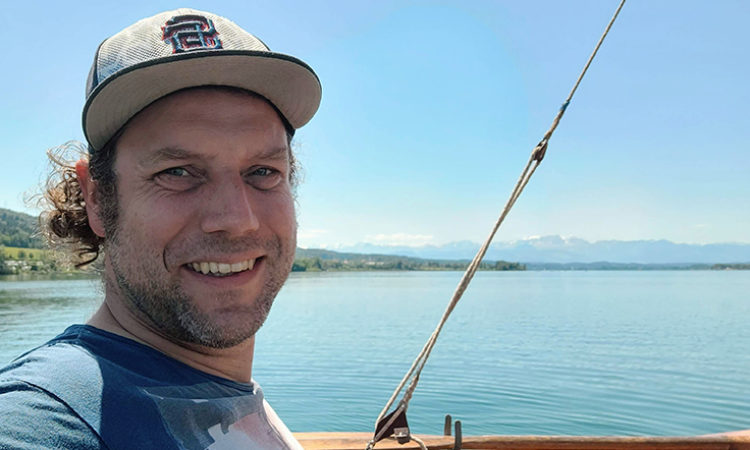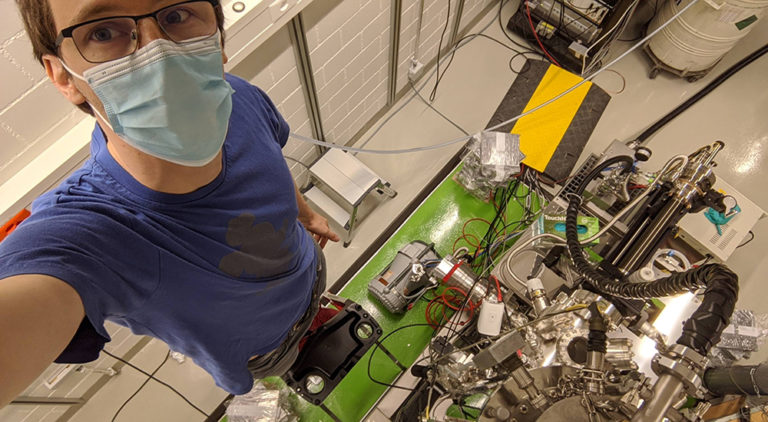Talk with Markus Müller, Senior scientist, Condensed Matter Theory Group, PSI
- What has been your main research activity and your most interesting scientific findings over the last few years ?

My research as a theorist is rather wide-spread across condensed matter physics. One of my main interests and playgrounds though concerns the interplay of interactions, quantum fluctuations and disorder, which gives rise to an enormous variety of complex phenomena. One of them is many-body localization, a mechanism by which certain disordered, well isolated quantum many-body systems fail to ever reach equilibrium by their internal dynamics, thus defeating the ergodic hypothesis of statistical mechanics. It allows one to retain memory and suppress the spreading of entanglement – a highly desirable property in the context of quantum computing.
The latter is another big challenge of fundamental interest and appeal, which my group is exploring from a new direction in collaboration with an experimental team at PSI. We build on magnetic materials where electronic and nuclear spins interact and enable the creation of stable quantum memory, as well as their controlled entanglement using precise laser manipulations. A particular highlight in that context is our theoretical understanding of the nature of extremely long-lived low-frequency excitations in complex disordered magnets, an experimental finding that had remained a mystery for over 15 years. Our recent resolution inspires our ongoing work on quantum information processing in such magnets.
- What do you like most about your research today ?
The above examples are just a few out of many more topics that I am working on. I love the variety of questions and phenomena that come up in discussions with experimentalists and along my theoretical research. I enjoy solving puzzles, coming up with new questions, devising Gedanken experiments and dreaming up new combinations of physical ingredients that have an interesting interplay with a new twist.
I feel very inspired by Einstein’s way of asking questions about the deeper nature of physical phenomena, and his attempts to have a different, deeper way of looking at them.
I like to do my research with younger collaborators and to pass on to them my experience and my fascination for physics.
- What research perspective do you see for the next 10 years ?
There are big challenges in understanding better the possibilities offered by quantum matter taken out-of-equilibrium systems. This encompasses the study of driven steady states, Floquet engineering using periodic driving, flow of quantum liquids, including quantum turbulence, the creation of non-equilibrium, but long-lived metastable states that can be accessed by optimized driving protocols, quantum state preparation and information processing, and also the use of non-linear drives as new probes for complex materials. As an example I mention our current exploratoration of driving nuclear spins in complex magnets as a way to control the degree of quantum fluctuations of the electronic spins, and thus to control or probe the properties of quantum magnets.
All these are vast fields, where yet a lot is to be discovered, and a conceptual framework remains to be established. I believe that a combination of the right set of ideas and ingredients has the potential to go very far in that field. This also goes hand in hand with the rapidly expanding experimental capabilities to fabricate structures and materials that were out reach until recently. With a thorough theoretical understanding of physical mechanisms I hope to contribute to the design of smart materials with improved or even entirely new functionalities.
- Why did you become a scientist ? What makes you get up in the morning ?
I always liked to solve puzzles, ask questions, try to think outside the box and come up with new ideas. There is little that I find as rewarding as those ‘aha’-moments when – nearly out of nowhere- you get that essential new idea, that may finally resolve a mystery you puzzled about for a long time. The process of developping a better understanding and making the next step forward is deeply awarding. It is the associated intellectual challenge and reward that drive me.



